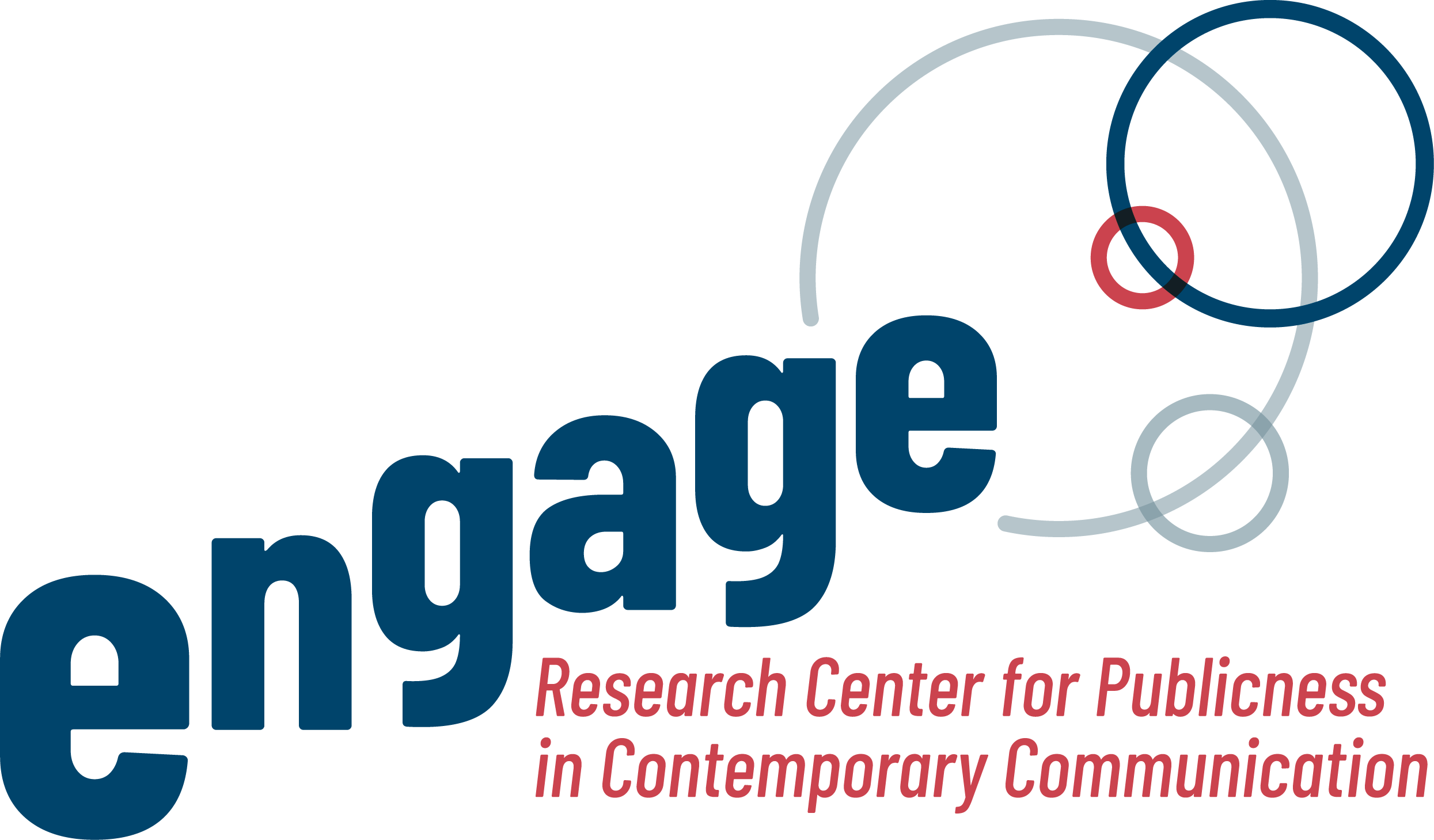This executive summary condenses a comparative and quantitative research that was carried out as part of EDMO BELUX, piloted by Jonas Lefevere (VUB) and Trisha Meyer (VUB), with contributions of Geoffroy Patriarche (UCLouvain Saint-Louis Bruxelles), STEVE SCHMIT (RTL LUXEMBOURG) and Victor Wiard (UCLouvain Saint-Louis Bruxelles).
This executive summary describes three key findings emanating from the comparative EDMO BELUX survey conducted in Spring 2022, which sought to gain insight in the spread of disinformation among Belgian and Luxembourgish populations. We study exposure to, belief in, perceived causes of and solutions for disinformation in four regions—Flanders, Wallonia, Brussels and Luxembourg—with a representative sample of N=1,466 respondents.
Key finding 1: the Belgian and Luxembourgish population, especially the youth, social media users and politically interested citizens, is exposed to disinformation.
Key finding 2: citizens generally do not believe disinformation, but the subpopulation that does believe false claims, tends to hold deep-rooted conspiracy beliefs.
Key finding 3: social media algorithms and gullible news consumption are deemed primary contributors to disinformation belief, social media content restrictions and fact-checking are acceptable solutions.
The findings of this study tell a cautionary tale. Citizens in Belgium and Luxembourg are exposed to disinformation, especially the youth, social media users and politically interested. There is also a clear correlation between belief in disinformation, conspiracy theories and low political trust. We also find worrying evidence of affective polarization in Belgium and Luxembourg, especially in Flanders and towards politicians and asylum seekers. Social media platforms are overwhelmingly blamed for contributing to the problem of disinformation, as is insufficient digital literacy. Proposed solutions point then towards surfacing trustworthy information more, but not all are trusting of legacy media anymore either
This project has received funding from the European Union under Grant Agreement number INEA/CEF/ICT/A2020/2394296.
Download the full executive summary here (PDF).
